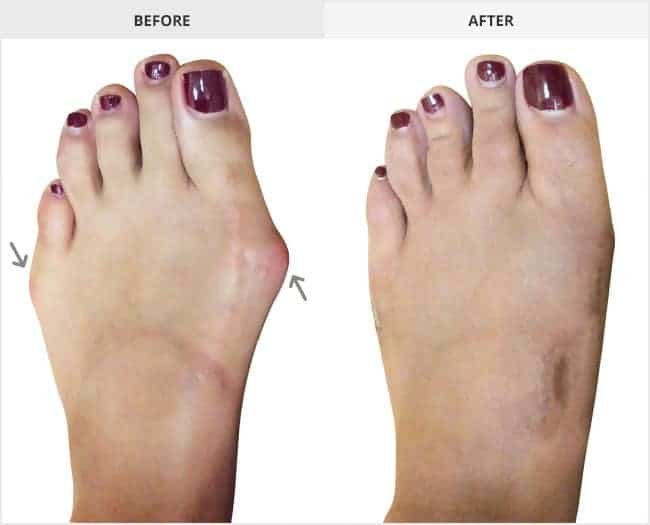If you’ve ever felt the weight of this question—whether from yourself or someone else—you are not alone. “Why can’t I just get over it?” is a question that echoes in the minds of many trauma survivors, often accompanied by guilt, shame, and frustration. The journey through trauma recovery is anything but linear, and yet, the world around us often expects it to be.
To the person struggling to heal, to the one who feels misunderstood, I want you to know this: You are not weak. You are not broken. And it’s okay not to be “over it” yet. This letter is for you, the survivor who has endured far more than anyone could know and yet continues to face an uphill battle that no one seems to understand.
Understanding Trauma: It’s Not a Simple Process
Trauma isn’t something you can simply “move past.” It doesn’t disappear just because you want it to, and it’s not something you can just will yourself to overcome. Trauma affects every part of who you are: your mind, your body, your emotions, and even your relationships.
When you experience trauma, whether it’s emotional, physical, or sexual, it leaves an imprint. These wounds may not always be visible, but they run deep, often showing up in unexpected ways. For many survivors, the healing process is slow and filled with setbacks. But that doesn’t mean it isn’t real or worthwhile.
Trauma doesn’t operate on a timeline. It isn’t something that can be fixed with a few weeks of therapy or by simply pushing through the pain. Trauma recovery takes time—sometimes more time than others understand or are willing to acknowledge.
The Pressure to “Just Get Over It”
The pressure to “just get over it” can be one of the most isolating experiences a trauma survivor can face. Whether it comes from well-meaning friends and family or from your own inner critic, the message is clear: your trauma should be a thing of the past, and you should move on.
But here’s the truth: Healing isn’t linear. There will be good days and bad days. Some days you’ll feel like you’re moving forward, and others you’ll feel like you’re taking two steps back. And that’s okay. The journey is not about perfection—it’s about progress.
For many trauma survivors, the pain isn’t just a past event. It’s something that resurfaces unexpectedly, triggered by something small, like a scent, a sound, or even a word. It’s a harsh reality that can leave you feeling like you’re constantly fighting an invisible battle.
Healing Is Not a Race
There is no set timeline for healing. Society’s desire for quick fixes often leads to harmful expectations about recovery. But healing isn’t a race. You don’t have to fit into someone else’s idea of when you should be “over it.”
Some days, the thought of moving past the trauma might seem overwhelming, and that’s normal. It’s important to honor where you are in your journey, even if it feels like you’re standing still. Survivors need time to process their emotions, to grieve, and to rebuild themselves. This process takes as long as it takes, and there is no shame in that.
Compassion: The Key to Healing
The most important thing you can do for yourself as a trauma survivor is to show compassion toward yourself. Healing doesn’t mean that you forget what happened or erase the pain; it means you acknowledge the wounds, allow yourself the space to heal, and give yourself the grace to take it one step at a time.
The world may not always understand your healing process, and that can be frustrating. But your healing journey belongs to you, and no one else can dictate it. And when the people around you fail to understand, it’s okay to set boundaries and seek support from those who truly get it.
Healing from trauma is about acknowledging the pain, learning to cope with it, and finding ways to move forward in a way that feels true to who you are. It’s about rebuilding your life on your own terms, one step at a time.
Why It’s Okay Not to Be “Over It” Yet
It’s okay to not be “over it” yet. Healing takes time, and it’s okay if that time is longer than expected. You don’t have to be strong all the time. Some days you will be strong, and others, you will simply need to rest. And that’s okay.
You are healing. You are growing. And although the road ahead may seem long, each small step forward is an act of incredible strength. Don’t let anyone—least of all yourself—tell you that you should have moved on by now.
To the Misunderstood Survivor: You Are Not Alone
I see you, and I know that the weight you carry is heavy. I know that the journey feels impossible at times. But I also know that you are capable of healing, of finding strength, and of reclaiming your life in your own time.
Survivors often feel alone in their struggles, but I want to remind you that you are not alone. There is a community of people who understand what you’re going through, and there are resources available to support you on this journey. Take it one step at a time, and remember that healing is a process that can’t be rushed.
If you’re looking for more support, resources, or guidance on how to move forward in your journey of healing, check out here https://www.toniercain.com/keynote-speaker/. You don’t have to do this alone. Healing is possible, and you are worthy of it.
Conclusion
To every survivor who has ever asked themselves, “Why can’t I just get over it?”—I see you, and I want you to know that it’s okay to take your time. Healing is not a race, and it’s not about forgetting the past; it’s about learning to live with it, reclaim your strength, and move forward at your own pace.
Your journey is uniquely yours, and you are more than capable of healing and thriving. Take it one step at a time, and know that you are not alone.



